Inner World
Online gallery of fantasy artist Kundry Land, featuring her paintings, her pet portraits, her photographs of Lofoten and her journal. Galerie d'art fantastique et onirique de Kundry. Inclut outre ses peintures un journal et des photos des Lofoten.
« February 2007 | Main | April 2007 »
30 March 2007
Photo 23
Posted at 16:59 in Photos | Permalink | Comments (0)
Photo 22
Posted at 16:03 in Photos | Permalink | Comments (1)
Photo 21
Posted at 16:01 in Photos | Permalink | Comments (2)
Photo 20
Posted at 16:00 in Photos | Permalink | Comments (0)
Photo 19
Posted at 15:59 in Photos | Permalink | Comments (0)
Photo 18
Posted at 15:57 in Photos | Permalink | Comments (0)
Daimonic Reality
Today's photos:
Personal Daimons by Patrick Harpur Guardian angels derived from Neoplatonism and, along with the other classes of angels, became part of Christian dogma at the Council of Nicaea (AD 325). But, long before this, the ancient Greeks believed that individuals were attached at birth to a daimon who determined, wholly or in part, their destiny. Philemon was clearly such a daimon for Jung, who emphasized the crucial part this strange Gnostic figure played in his life and work. Plato's mentor, Socrates, had a daimon who was famous for always saying "No." It did not enter into rational discourse with Socrates; it merely warned him when he was about to do something wrong (especially something displeasing to the gods), like the prompting of conscience... However, Plato in Timaeus identified the individual daimon with the element of pure reason in man and so it became "a sort of lofty spirit-guide, or Freudian super-ego." This may be true of certain, perhaps exceptional individuals, but is is also true - as we shall see - that daimons are as likely to represent unreason or at least to be equivocal. But meanwhile it is instructive to consider the case of Napoleon. He had a familiar spirit "which protected him. which guided him, as a daemon, and which he called his star, or which visited him in the figure of a dwarf clothed in red that warned him." This reminds us that personal daimons favor two forms by which to manifest: the abstract light, globe, oval and (as here) shining sphere, or the personification - angelic, manikin-like or whatever. It confirms, in other words, my speculation ... that the two forms are different manifestations of each other, with (in Napoleon's case) different functions: the star guides, the dwarf warns. Both are images of the soul, which is another way of understanding the daimon. Indeed, it seems that, next to personification, daimons prefer luminous appearances or "phasmata," as the Syrian Neoplatonist Iamblichus (d. 326) called them. He was a real expert on daimons, and ufologists could do worse than study the distinctions he makes between phasmata. For instance, while phasmata of archangels are both "terrible and mild," their images "full of supernatural light," the phasmata of daimons are "various" and "dreadful." They appear "at different times ... in a different form, and appear at one time great, but at another small, yet are still recognized to be the phasmata of daemons." As we have seen, this could equally well describe their personifications. Their "operations," interestingly, "appear to be more rapid than they are in reality" (an observation which might be borne in mind by ufologists). Their images are "obscure," presenting themselves within a "turbid fire" which is "unstable." The first of the great Neoplatonists, Plotinus (AD 204-70), maintained that the individual daimon was "not an anthropomorphic daemon, but an inner psychological principle," viz:- the level above that on which we consciously live, and so is both within and yet transcendent... Like Jung, he takes it as read that daimons are objective phenomena and thinks to emphasize only that, paradoxically, they manifest both inwardly (dreams, inspirations, thoughts, fantasies) and outwardly or transcendently (visions and apparitions). Plotinus does not, we notice - like the early Jung - speak of daimons as primarily "inner" and as seen outwardly only in "projection." He seems to agree with the later Jung - that there is a psyche "outside the body." However, his use of the word "transcendent" also suggests that the real distinction to be made is not between inner and outer, but between personal and impersonal. There is a sense, he seems to be saying, in which daimons can be both at once. ...[P]ersonal daimons are not fixed but can develop or unfold according to our own spiritual development. Jung might say: in the course of individuation, we move beyond the personal unconscious to the impersonal, collective unconscious, through the daimonic to the divine. Acording to Iamblichus, we are assigned a daimon at birth to govern and direct our lives but our task is to obtain a god in its place.Patrick Harpur « Daimonic Reality »
For information in english about Patrick Harpur, read this site:
Kundry - 30th of March 2007 - 30 mars 2007
Posted at 15:24 in Journal *** Winter 2007 | Permalink | Comments (1)
Baba Yaga
And here is my little friend, Baba Yaga the Witch, very coquettish and big adept of blusher :
Baba Yaga, in order to fly faster and to avoid being burdened, has the tendancy to throw her breasts over her shoulders so that they hang on her back .
Baba Yaga's fairy tale at this address:
Posted at 15:22 in Journal *** Winter 2007 | Permalink | Comments (0)
Ladies
Posted at 15:21 in Journal *** Winter 2007 | Permalink | Comments (0)
Runes
Posted at 15:17 in Journal *** Winter 2007 | Permalink | Comments (0)
Teremok
The house of my dreams:
"Teremok"
My throne...:

Located at Talashkino, Russia.
This one's not bad either:
There's a lack of windows, though. It's a church (Kizhi in Karelia). The area is by the way magnificent:
I took these two last pictures at this address:
http://kizhi.karelia.ru/main_galery_e.htm
My jaw dropped, all the pictures are wonderful!
Posted at 15:07 in Journal *** Winter 2007 | Permalink | Comments (0)
The Twelve Months
THE TWELVE MONTHS
The Twelve Months: a Slav Legend |
There was once a widow who had two daughters, Helen, her own child by her dead husband, and Marouckla, his daughter by his first wife. She loved Helen, but hated the poor orphan because she was far prettier than her own daughter.
Marouckla did not think about her good looks, and could not understand why her stepmother should be angry at the sight of her. The hardest work fell to her share. She cleaned out the rooms, cooked, washed, sewed, spun, wove, brought in the hay, milked the cow, and all this without any help.
Helen, meanwhile, did nothing but dress herself in her best clothes and go to one amusement after another.
But Marouckla never complained. She bore the scoldings and bad temper of mother and sister with a smile on her lips, and the patience of a lamb. But this angelic behavior did not soften them. They became even more tyrannical and grumpy, for Marouckla grew daily more beautiful, while Helen's ugliness increased. So the stepmother determined to get rid of Marouckla, for she knew that while she remained, her own daughter would have no suitors. Hunger, every kind of privation, abuse, every means was used to make the girl's life miserable. But in spite of it all Marouckla grew ever sweeter and more charming.
One day in the middle of winter Helen wanted some wood-violets.
``Listen,'' cried she to Marouckla, ``you must go up the mountain and find me violets. I want some to put in my gown. They must be fresh and sweet-scented-do you hear?''
``But, my dear sister, whoever heard of violets blooming in the snow?'' said the poor orphan.
``You wretched creature! Do you dare to disobey me?'' said Helen. ``Not another word. Off with you! If you do not bring me some violets from the mountain forest I will kill you.''
The stepmother also added her threats to those of Helen, and with vigorous blows they pushed Marouckla outside and shut the door upon her. The weeping girl made her way to the mountain. The snow lay deep, and there was no trace of any human being. Long she wandered hither and thither, and lost herself in the wood. She was hungry, and shivered with cold, and prayed to die.
Suddenly she saw a light in the distance, and climbed toward it till she reached the top of the mountain. Upon the highest peak burned a large fire, surrounded by twelve blocks of stone on which sat twelve strange beings. Of these the first three had white hair, three were not quite so old, three were young and handsome, and the rest still younger.
There they all sat silently looking at the fire. They were the Twelve Months of the Year. The great January was placed higher than the others. His hair and mustache were white as snow, and in his hand he held a wand. At first Marouckla was afraid, but after a while her courage returned, and drawing near, she said:--
``Men of God, may I warm myself at your fire? I am chilled by the winter cold.''
The great January raised his head and answered: ``What brings thee here, my daughter? What dost thou seek?''
``I am looking for violets,'' replied the maiden.
``This is not the season for violets. Dost thou not see the snow everywhere?'' said January.
``I know well, but my sister Helen and my stepmother have ordered me to bring them violets from your mountain. If I return without them they will kill me. I pray you, good shepherds, tell me where they may be found.''
Here the great January arose and went over to the youngest of the Months, and, placing his wand in his hand, said:--
``Brother March, do thou take the highest place.''
March obeyed, at the same time waving his wand over the fire. Immediately the flames rose toward the sky, the snow began to melt and the trees and shrubs to bud. The grass became green, and from between its blades peeped the pale primrose. It was spring, and the meadows were blue with violets.
``Gather them quickly, Marouckla,'' said March.
Joyfully she hastened to pick the flowers, and having soon a large bunch she thanked them and ran home. Helen and the stepmother were amazed at the sight of the flowers, the scent of which filled the house.
``Where did you find them?'' asked Helen.
``Under the trees on the mountain-side,'' said Marouckla.
Helen kept the flowers for herself and her mother. She did not even thank her stepsister for the trouble she had taken. The next day she desired Marouckla to fetch her strawberries.
``Run,'' said she, ``and fetch me strawberries from the mountain. They must be very sweet and ripe.''
``But whoever heard of strawberries ripening in the snow?'' exclaimed Marouckla.
``Hold your tongue, worm; don't answer me. If I don't have my strawberries I will kill you,'' said Helen.
Then the stepmother pushed Marouckla into the yard and bolted the door. The unhappy girl made her way toward the mountain and to the large fire round which sat the Twelve Months. The great January occupied the highest place.
``Men of God, may I warm myself at your fire? The winter cold chills me,'' said she, drawing near.
The great January raised his head and asked: ``Why comest thou here? What dost thou seek?''
``I am looking for strawberries,'' said she.
``We are in the midst of winter,'' replied January, ``strawberries do not grow in the snow.''
``I know,'' said the girl sadly, ``but my sister and stepmother have ordered me to bring them strawberries. If I do not they will kill me. Pray, good shepherds, tell me where to find them.''
The great January arose, crossed over to the Month opposite him, and putting the wand in his hand, said: ``Brother June, do thou take the highest place.''
June obeyed, and as he waved his wand over the fire the flames leaped toward the sky. Instantly the snow melted, the earth was covered with verdure, trees were clothed with leaves, birds began to sing, and various flowers blossomed in the forest. It was summer. Under the bushes masses of star-shaped flowers changed into ripening strawberries, and instantly they covered the glade, making it look like a sea of blood.
``Gather them quickly, Marouckla,'' said June.
Joyfully she thanked the Months, and having filled her apron ran happily home.
Helen and her mother wondered at seeing the strawberries, which filled the house with their delicious fragrance.
``Wherever did you find them?'' asked Helen crossly.
``Right up among the mountains. Those from under the beech trees are not bad,'' answered Marouckla.
Helen gave a few to her mother and ate the rest herself. Not one did she offer to her stepsister. Being tired of strawberries, on the third day she took a fancy for some fresh, red apples.
``Run, Marouckla,'' said she, ``and fetch me fresh, red apples from the mountain.''
``Apples in winter, sister? Why, the trees have neither leaves nor fruit!''
``Idle thing, go this minute,'' said Helen; ``unless you bring back apples we will kill you.''
As before, the stepmother seized her roughly and turned her out of the house. The poor girl went weeping up the mountain, across the deep snow, and on toward the fire round which were the Twelve Months. Motionless they sat there, and on the highest stone was the great January.
``Men of God, may I warm myself at your fire? The winter cold chills me,'' said she, drawing near.
The great January raised his head. ``Why comest thou here? What does thou seek?'' asked he.
``I am come to look for red apples,'' replied Marouckla.
``But this is winter, and not the season for red apples,'' observed the great January.
``I know,'' answered the girl, ``but my sister and stepmother sent me to fetch red apples from the mountain. If I return without them they will kill me.''
Thereupon the great January arose and went over to one of the elderly Months, to whom he handed the wand saying:--
``Brother September, do thou take the highest place.''
September moved to the highest stone, and waved his wand over the fire. There was a flare of red flames, the snow disappeared, but the fading leaves which trembled on the trees were sent by a cold northeast wind in yellow masses to the glade. Only a few flowers of autumn were visible. At first Marouckla looked in vain for red apples. Then she espied a tree which grew at a great height, and from the branches of this hung the bright, red fruit. September ordered her to gather some quickly. The girl was delighted and shook the tree. First one apple fell, then another.
``That is enough,'' said September; ``hurry home.''
Thanking the Months she returned joyfully. Helen and the stepmother wondered at seeing the fruit.
``Where did you gather them?'' asked the stepsister.
``There are more on the mountain-top,'' answered Marouckla.
``Then, why did you not bring more?'' said Helen angrily. ``You must have eaten them on your way back, you wicked girl.''
``No, dear sister, I have not even tasted them,'' said Marouckla. ``I shook the tree twice. One apple fell each time. Some shepherds would not allow me to shake it again, but told me to return home.''
``Listen, mother,'' said Helen. ``Give me my cloak. I will fetch some more apples myself. I shall be able to find the mountain and the tree. The shepherds may cry `Stop!' but I will not leave go till I have shaken down all the apples.''
In spite of her mother's advice she wrapped herself in her pelisse, put on a warm hood, and took the road to the mountain. Snow covered everything. Helen lost herself and wandered hither and thither. After a while she saw a light above her, and, following in its direction, reached the mountain-top.
There was the flaming fire, the twelve blocks of stone, and the Twelve Months. At first she was frightened and hesitated; then she came nearer and warmed her hands. She did not ask permission, nor did she speak one polite word.
``What hath brought thee here? What dost thou seek?'' said the great January severely.
``I am not obliged to tell you, old graybeard. What business is it of yours?'' she replied disdainfully, turning her back on the fire and going toward the forest.
The great January frowned, and waved his wand over his head. Instantly the sky became covered with clouds, the fire went down, snow fell in large flakes, an icy wind howled round the mountain. Amid the fury of the storm Helen stumbled about. The pelisse failed to warm her benumbed limbs.
The mother kept on waiting for her. She looked from the window, she watched from the doorstep, but her daughter came not. The hours passed slowly, but Helen did not return.
``Can it be that the apples have charmed her from her home?'' thought the mother. Then she clad herself in hood and pelisse, and went in search of her daughter. Snow fell in huge masses. It covered all things. For long she wandered hither and thither, the icy northeast wind whistled in the mountain, but no voice answered her cries.
Day after day Marouckla worked, and prayed, and waited, but neither stepmother nor sister returned. They had been frozen to death on the mountain.
The inheritance of a small house, a field, and a cow fell to Marouckla. In course of time an honest farmer came to share them with her, and their lives were happy and peaceful.
(from Good Stories for Great Holidays , by Frances Jenkins Olcott)
Posted at 15:04 in Journal *** Winter 2007 | Permalink | Comments (0)
Little Souls
L'histoire des poupées Little Souls :
When Wilson and Charleston started Little Souls® in 1986, there was a strong desire to create a work environment that was inclusive, safe, nurturing and diverse. They wanted an environment where all employees were valued and the collage of different faces, voices, and ideas added to the richness of their product.
Over the years Little Souls looked to the global community to further enhance their designs and extend the company's mission. Through organizations such as Aid to Artisans, Little Souls has connected with women's cooperatives in Peru, Armenia, Kyrgystan, Tajikistan, and Romania. Using their traditional handwork, women artisans provide Little Souls dolls with exquisite articles of clothing and ancillary products for Little Souls' home decor line, LIVING WITH SOUL. For most of these women, Little Souls has been able to supply desperately needed income, and in some cases, a first opportunity to earn money for themselves.
In 1991 Little Souls established the nonprofit THE LITTLE SOULS' CHILDREN'S FUND, and also started the popular activity of sending their staff into Philadelphia area classrooms, hospitals, convalescent homes and shelters teaching doll making to kids of all ages. With simple sock bodies, leftover buttons, scraps of fabric, ribbons, and yarn from the workshop, gentle lessons are taught on diversity, entrepreneurship, self-esteem, imagination, and creativity with a "no rules" activity.
It has been Gretchen Wilson's and Colleen Charleston's hope that their products are not seen as "just dolls," but rather creations made up of threads that weave together a larger community.
When Wilson and Charleston started Little Souls® in 1986, there was a strong desire to create a work environment that was inclusive, safe, nurturing and diverse. They wanted an environment where all employees were valued and the collage of different faces, voices, and ideas added to the richness of their product.
Over the years Little Souls looked to the global community to further enhance their designs and extend the company's mission. Through organizations such as Aid to Artisans, Little Souls has connected with women's cooperatives in Peru, Armenia, Kyrgystan, Tajikistan, and Romania. Using their traditional handwork, women artisans provide Little Souls dolls with exquisite articles of clothing and ancillary products for Little Souls' home decor line, LIVING WITH SOUL. For most of these women, Little Souls has been able to supply desperately needed income, and in some cases, a first opportunity to earn money for themselves.
In 1991 Little Souls established the nonprofit THE LITTLE SOULS' CHILDREN'S FUND, and also started the popular activity of sending their staff into Philadelphia area classrooms, hospitals, convalescent homes and shelters teaching doll making to kids of all ages. With simple sock bodies, leftover buttons, scraps of fabric, ribbons, and yarn from the workshop, gentle lessons are taught on diversity, entrepreneurship, self-esteem, imagination, and creativity with a "no rules" activity.
Posted at 14:59 in Journal *** Winter 2007 | Permalink | Comments (0)
Lost
Lost
Stand still. The trees ahead and bushes beside you
Are not lost. Wherever you are is called Here,
And you must treat it as a powerful stranger,
Must ask permission to know it and be known.
The forest breathes. Listen. It answers,
I have made this place around you, If you leave it you may come back again, saying Here.
No two trees are the same to Raven.
No two branches are the same to Wren.
If what a tree or a bush does is lost on you, You are surely lost. Stand still.
The forest knows
Where you are.
You must let it find you.
~ David Wagoner ~ (Riverbed)
Posted at 14:49 in Journal *** Winter 2007 | Permalink | Comments (0)
08 March 2007
07 March 2007
Photo 17
Posted at 11:00 in Photos | Permalink | Comments (0)
Photo 16
Posted at 10:59 in Photos | Permalink | Comments (0)
Photo 15
Posted at 10:58 in Photos | Permalink | Comments (0)
Search
Categories
- Accueil/Home (1)
- Autumn 2010 (21)
- Autumn 2011 (30)
- Favourite Books (48)
- Journal *** Hiver 2007 (30)
- Journal *** Hiver 2008 (40)
- Journal *** Printemps 2007 (22)
- Journal *** Printemps 2008 (17)
- Journal *** Spring 2007 (22)
- Journal *** Spring 2008 (16)
- Journal *** Summer 2007 (23)
- Journal *** Summer 2008 (23)
- Journal *** Winter 2007 (28)
- Journal *** Winter 2008 (38)
- Journal *** Été 2007 (23)
- Journal *** Été 2008 (23)
- journal autumn 09 (13)
- Journal Summer 09 (11)
- journal winter 09 (13)
- Journal Winter 10 (32)
- Journal***Automne 2007 (33)
- Journal***Automne 2008 (17)
- Journal***Autumn 2007 (32)
- Journal***Autumn 2008 (17)
- Mes Livres Préférés (32)
- Mosaics (1)
- Méditations (3)
- Paintings/Peintures (12)
- Pensées (20)
- Pet/Animaux Portraits (1)
- Photos (27)
- Poèmes (17)
- Recent Work *** Oeuvres Récentes (1)
- spring 2010 (13)
- Spring 2011 (3)
- Summer 2010 (30)
- Summer 2011 (12)
- Videos (2)
- Winter 2010 (14)
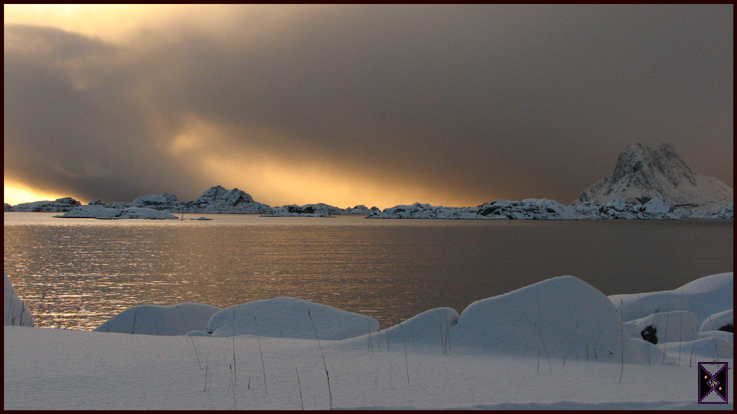


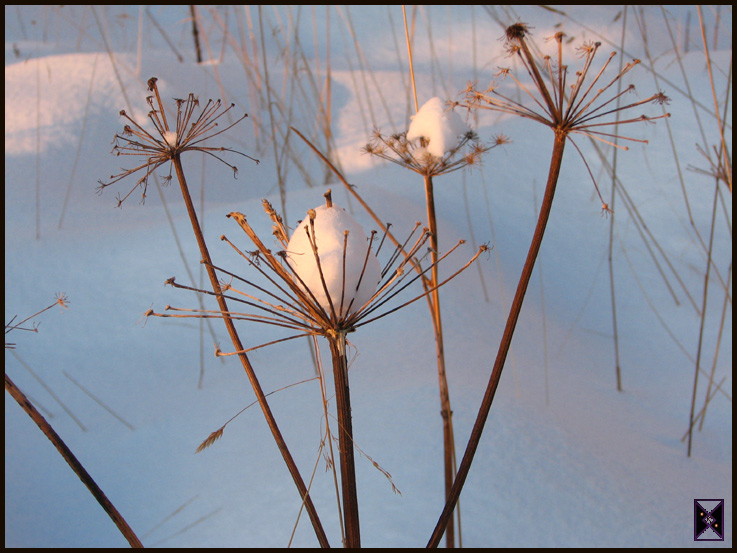

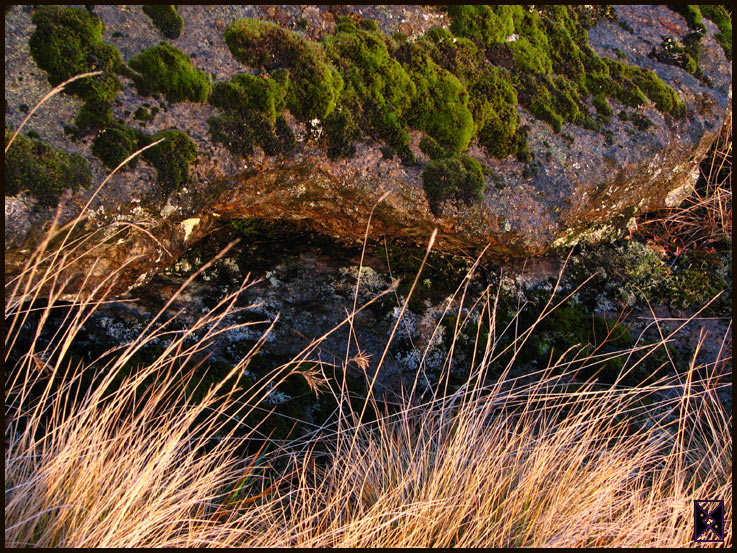
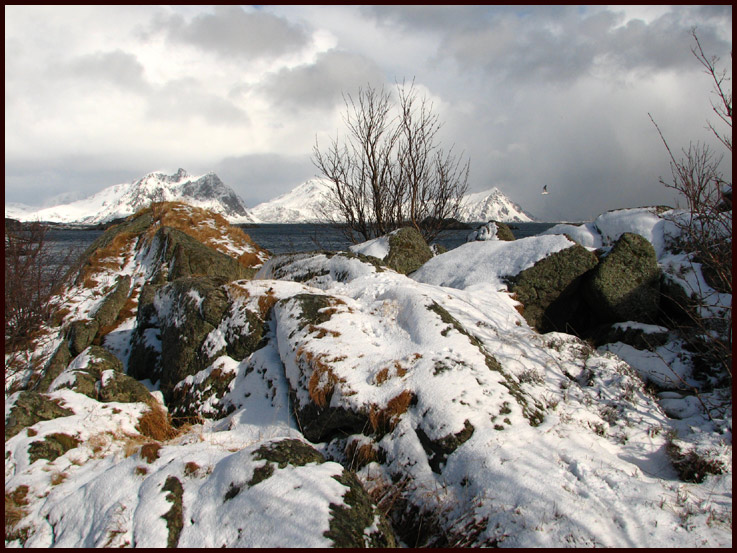
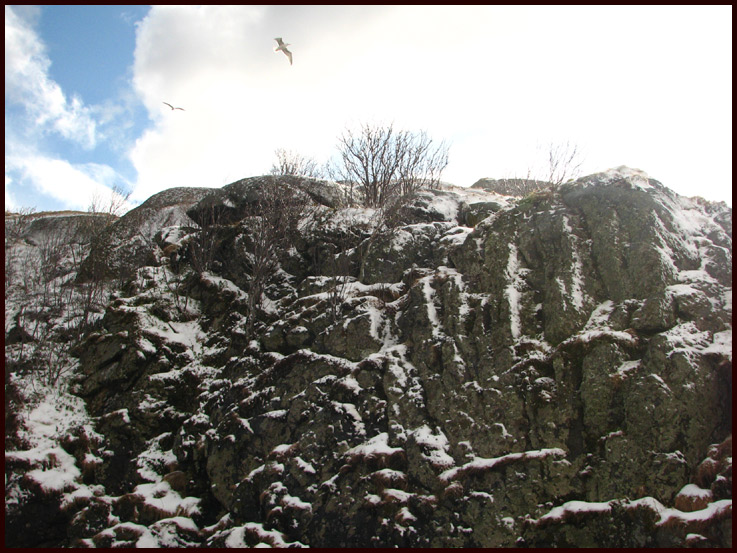

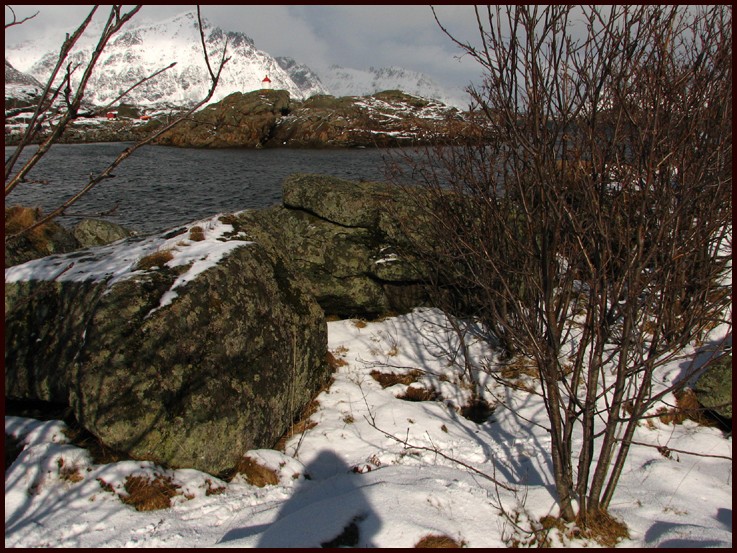
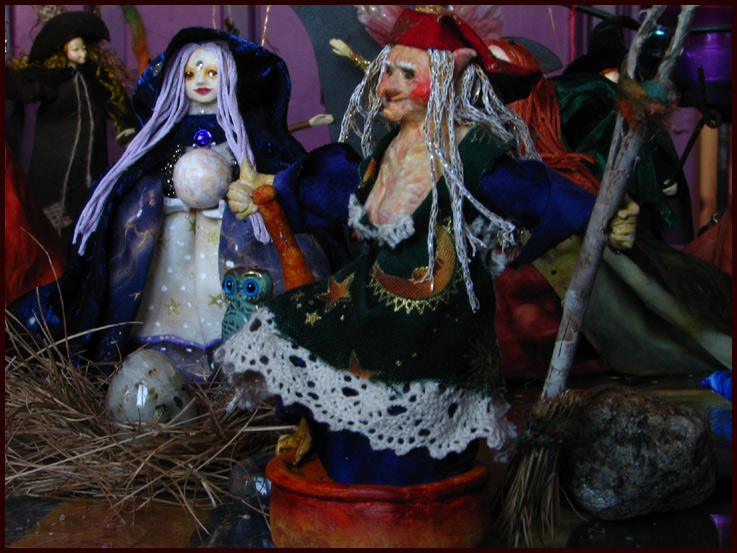
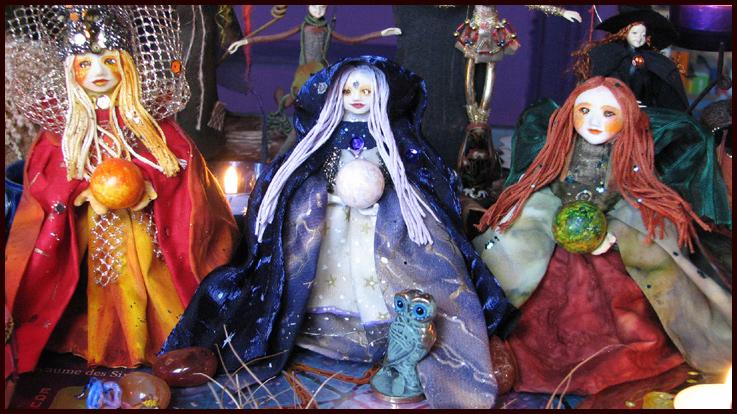
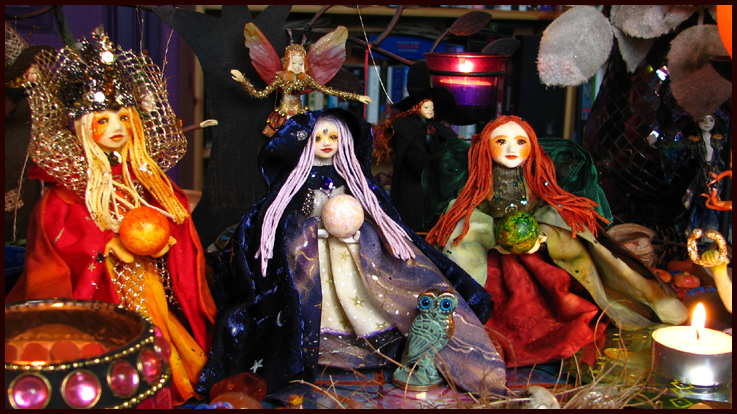
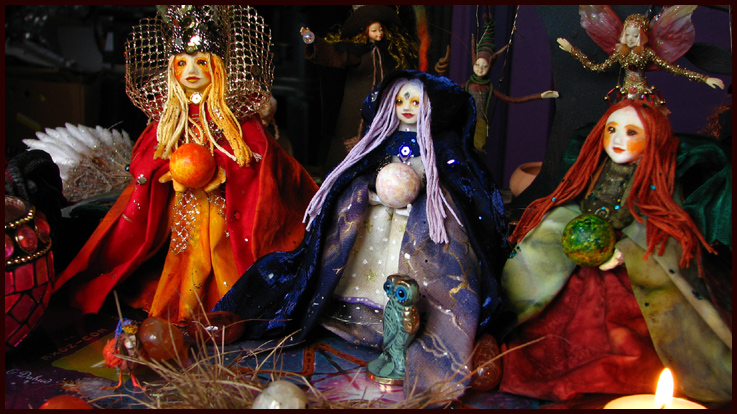



































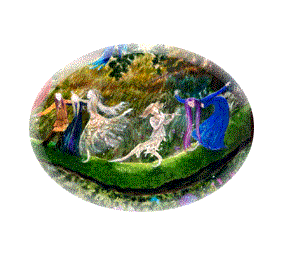

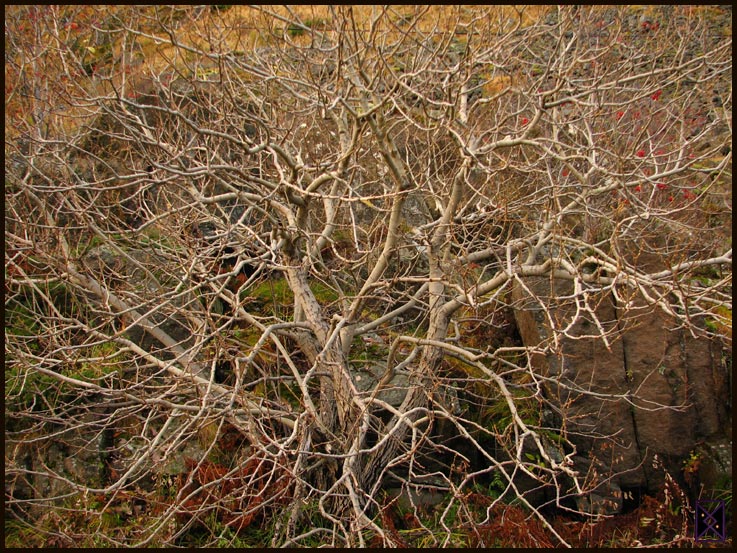
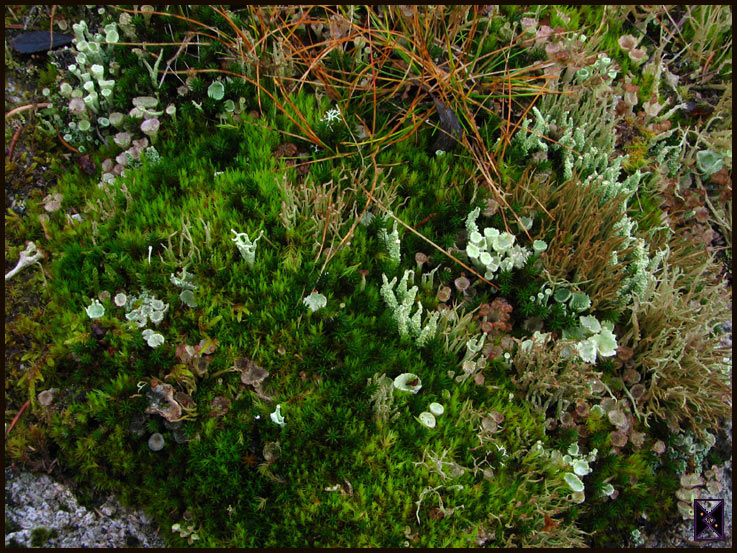
Recent Comments